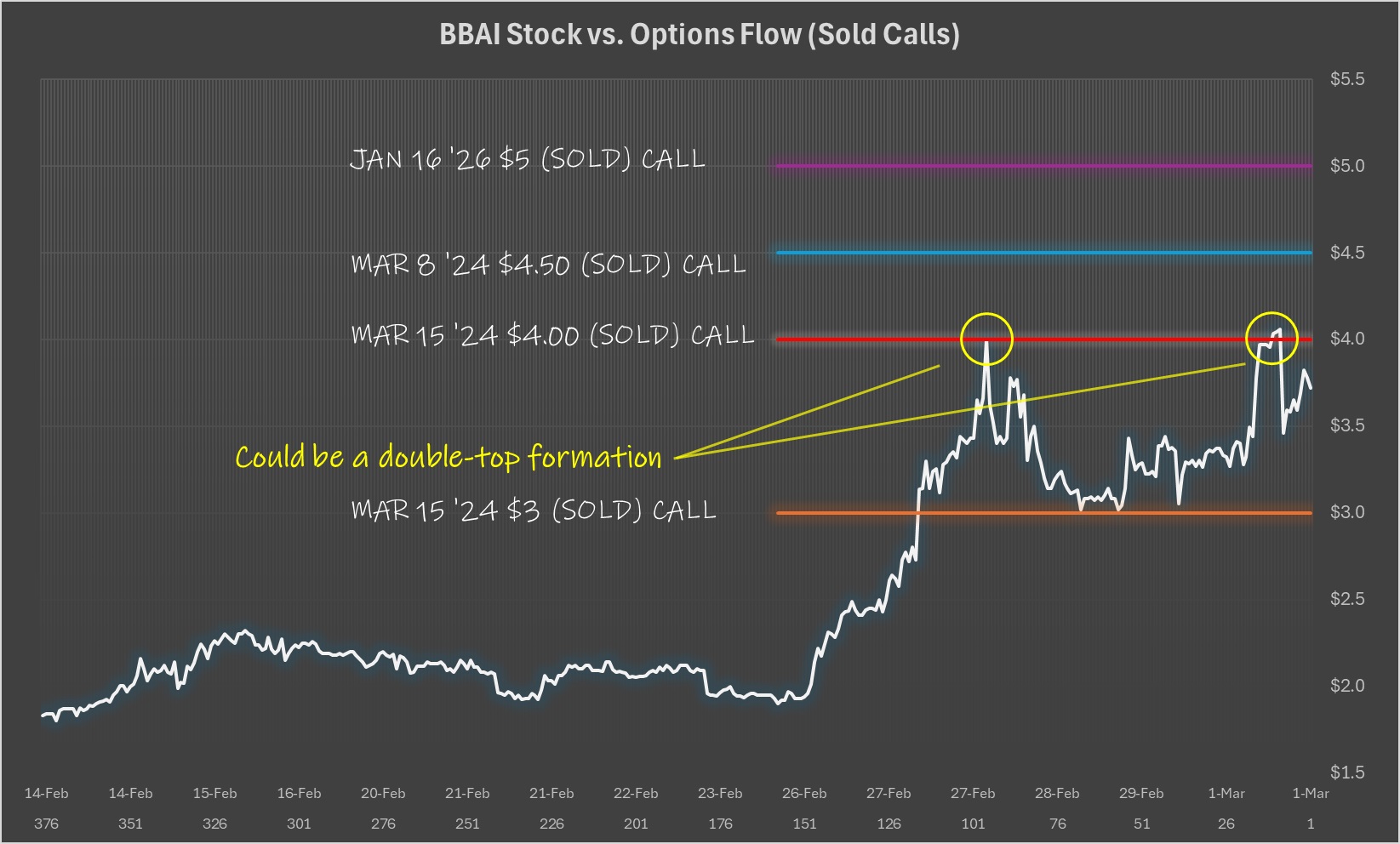Texas Lawmakers Consider Social Media Restrictions For Minors

Table of Contents
Proposed Legislation: What Restrictions are Being Considered?
Several bills are currently under consideration in the Texas legislature aiming to regulate minors' access to social media. While specific details may change as legislation progresses, current proposals generally focus on several key areas. It's crucial to consult the Texas Legislature website for the most up-to-date information on bill numbers and sponsors.
- Age Verification Requirements: Bills propose stricter age verification methods for social media accounts, requiring platforms to implement robust systems to confirm users' ages. This could involve leveraging existing identification systems or developing new verification processes.
- Parental Consent Mandates: Many proposed bills mandate parental consent for minor account creation. This aims to give parents greater control over their children's online presence and ensure informed decisions about social media use.
- Usage Time Limitations: Some legislation explores limiting the time minors can spend on social media platforms, potentially through platform-enforced time restrictions or parental control tools.
- Content Restrictions: Regulations on the types of content minors can access are also under consideration. This could involve stricter moderation policies by social media companies or parental control software integration to filter inappropriate content.
- Increased Penalties for Non-Compliance: Proposed bills often include increased penalties for social media platforms failing to comply with child protection laws, aiming to incentivize stronger safety measures.
Existing state laws concerning online safety and child protection will likely influence the final form of any new legislation.
Arguments in Favor of Social Media Restrictions for Minors in Texas
The proposed Texas social media restrictions for minors are driven by serious concerns about the negative impact of social media on children's well-being.
- Combating Cyberbullying: Social media has become a breeding ground for cyberbullying and online harassment, causing significant emotional distress and even leading to tragic consequences for young people. Restrictions aim to create a safer online environment.
- Protecting from Inappropriate Content: Minors are frequently exposed to inappropriate content, including violence, hate speech, and sexually explicit material, which can have detrimental effects on their development and mental health.
- Addressing Mental Health Concerns: Studies have linked excessive social media use to increased rates of anxiety, depression, and body image issues among young people. Limiting access could potentially mitigate these risks.
- Promoting Healthy Development: Early and unregulated exposure to social media can hinder healthy social and emotional development, impacting children's ability to form healthy relationships and manage their self-esteem.
- Empowering Parental Control: The proposed legislation aims to empower parents by providing them with more tools and control over their children's online activities, enabling them to make informed choices about their children’s digital lives.
Statistics from organizations like the Pew Research Center consistently highlight the negative impacts of social media on teens' mental health and well-being, underscoring the urgency of addressing these concerns.
Potential Drawbacks and Concerns Regarding Texas Social Media Restrictions
While the intent behind the proposed legislation is laudable, several potential drawbacks and concerns warrant careful consideration.
- Enforcement Challenges: Effectively enforcing age verification and parental consent requirements presents significant challenges, requiring robust technological solutions and ongoing monitoring. Circumventing these restrictions might prove easy for determined minors.
- Freedom of Speech Concerns: Overly restrictive measures could potentially infringe on minors' freedom of speech and access to information, creating a chilling effect on online expression.
- Balancing Parental Control and Child Autonomy: Finding a balance between parental control and respecting children's autonomy and their right to express themselves online is a delicate task requiring careful consideration.
- Practicality of Monitoring: The practicality of consistently monitoring children's social media usage is questionable. Parents and platforms may struggle to keep up with the evolving landscape of online activity.
- Impact on Innovation and Access: Excessive restrictions might hinder technological innovation and limit young people's access to valuable educational resources and online communities.
Alternative solutions, such as enhanced media literacy education and improved parental guidance, should also be explored alongside regulatory measures.
The Role of Parental Responsibility and Education
Alongside legislative efforts, parental responsibility and education play a vital role in mitigating the negative impacts of social media on minors. Parents need to actively engage in their children's online activities, using parental control tools and having open conversations about online safety.
- Setting Time Limits: Parents should establish clear guidelines regarding social media usage time and monitor their children's adherence to these limits.
- Open Communication: Open and honest conversations about online safety, responsible social media use, and the potential dangers of cyberbullying are essential.
- Utilizing Parental Controls: Leveraging parental control apps and browser extensions to filter inappropriate content and monitor online activity can enhance online safety.
- Digital Literacy Education: Equipping children with the necessary skills to navigate the digital world safely and responsibly is crucial. Schools and community organizations can play a critical role in promoting digital citizenship.
Comparison with Other States' Social Media Laws
Several other states have considered or implemented similar social media restrictions for minors. California, for example, has explored legislation focused on age verification and data privacy. A comparison of these different approaches reveals varying degrees of success and challenges. Some states have found it difficult to effectively enforce age verification, while others have faced legal challenges related to free speech concerns. Analyzing the successes and failures of these initiatives is crucial for informing the development of effective legislation in Texas.
Conclusion
The debate surrounding Texas social media restrictions for minors is multifaceted and complex. While the proposed legislation aims to address legitimate concerns about children's safety and well-being in the digital age, potential drawbacks related to enforcement, freedom of speech, and practicality must be carefully considered. A balanced approach, incorporating legislative measures with enhanced parental responsibility, education, and media literacy initiatives, is crucial. Staying informed about the progress of proposed legislation and participating in discussions about child online safety is essential. Continue to follow developments concerning Texas social media restrictions for minors to understand how this critical issue impacts children's well-being and the future of digital childhood.

Featured Posts
-
 Premier Essai Le Matin Auto Et L Alfa Romeo Junior 1 2 Turbo Speciale
May 21, 2025
Premier Essai Le Matin Auto Et L Alfa Romeo Junior 1 2 Turbo Speciale
May 21, 2025 -
 Is Gangsta Granny Suitable For Younger Readers A Parental Guide
May 21, 2025
Is Gangsta Granny Suitable For Younger Readers A Parental Guide
May 21, 2025 -
 Big Bear Ai Bbai Shareholder Rights Contact Gross Law Firm Before June 10 2025
May 21, 2025
Big Bear Ai Bbai Shareholder Rights Contact Gross Law Firm Before June 10 2025
May 21, 2025 -
 Peppa Pig And Baby 10 Episodes Hitting Cinemas This May
May 21, 2025
Peppa Pig And Baby 10 Episodes Hitting Cinemas This May
May 21, 2025 -
 Huuhkajat Saavat Kaellmanin Maalintekotaidot Kasvua Naehtaevissae
May 21, 2025
Huuhkajat Saavat Kaellmanin Maalintekotaidot Kasvua Naehtaevissae
May 21, 2025
